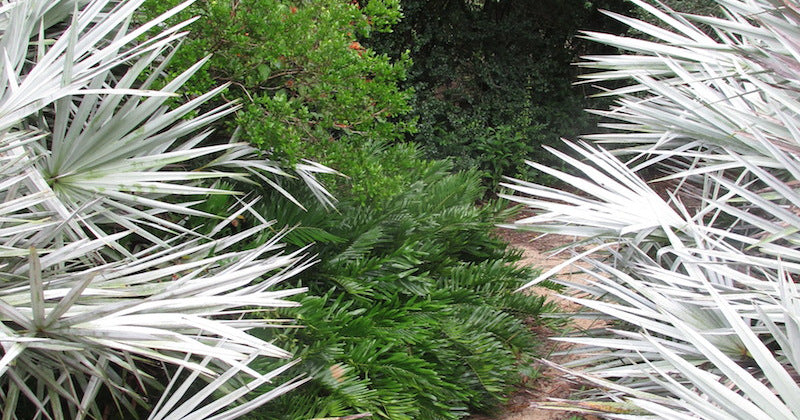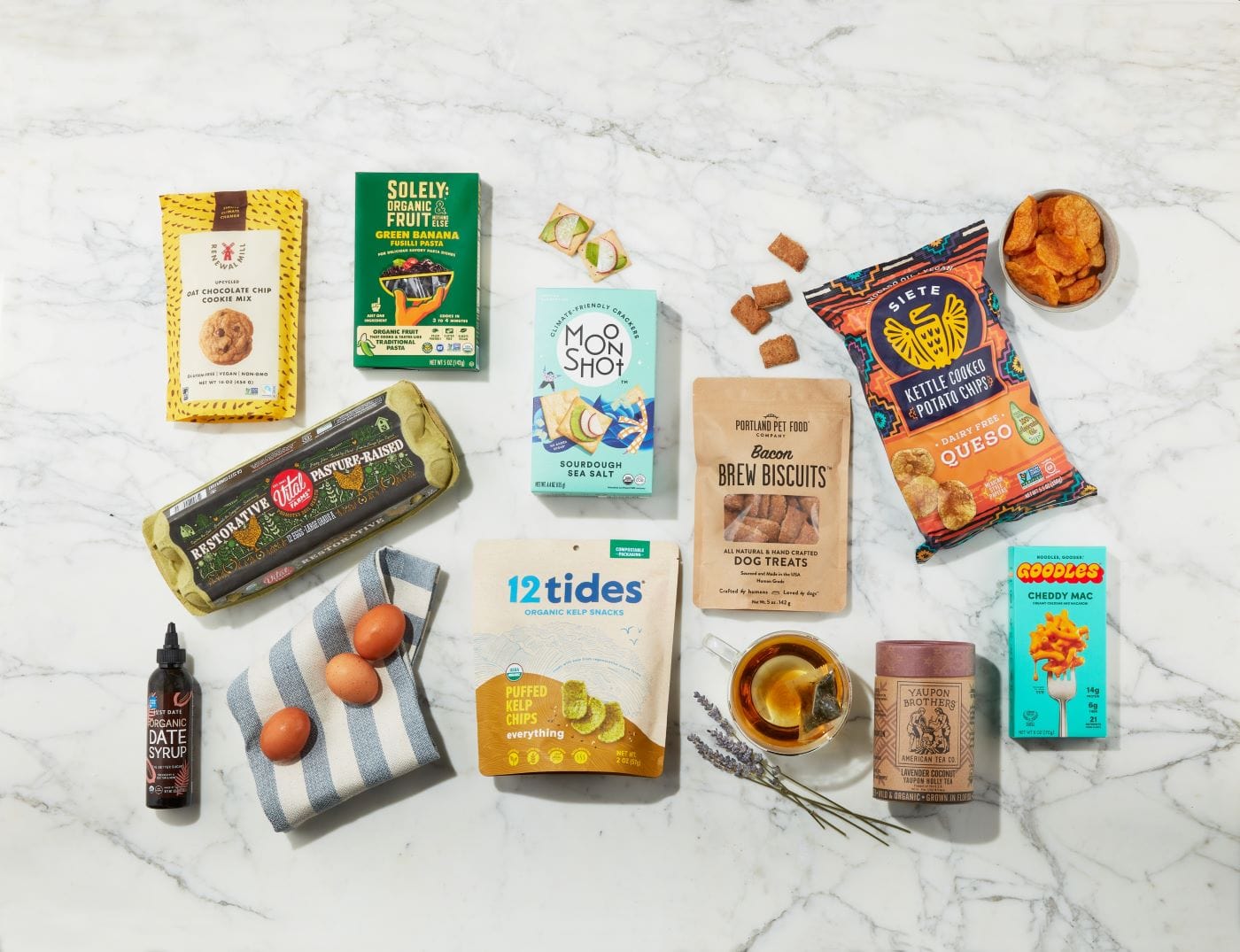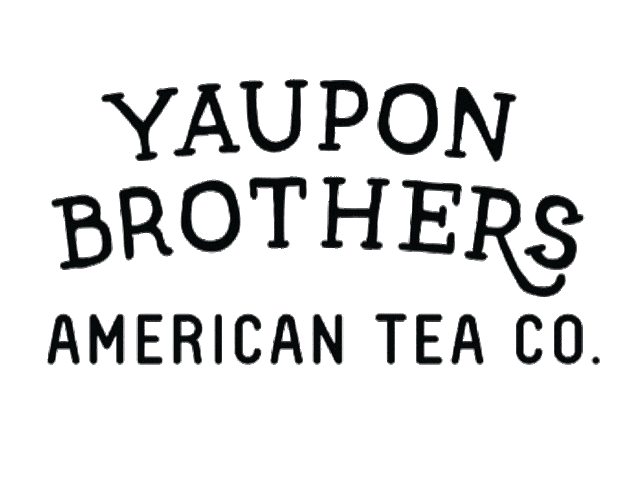
Molly Roe is the account manager at SweetGrass Trading Company, a subsidiary of Ho-Chunk, Inc., the economic development corporation of the Winnebago Tribe of Nebraska. Roe is an enrolled member of the Ioway Tribe of Kansas and Nebraska. She received her Master’s degree in media communications at the University of Nebraska-Lincoln before joining SweetGrass. In addition to account management, she writes blog posts for the website, represents the company at conferences and acts as an advocate for food sovereignty across Indian country.
Yaupon Brothers American Tea Company was founded in 2012 in New Smyrna Beach, Florida, by brothers Bryon and Kyle White.
Bryon, who has a background working in law enforcement, said he has always been a plant enthusiast and is part of the Florida Native Plant Society. When he started diving into the story of Yaupon, the only naturally caffeinated plant native to North America, he knew he wanted to play a part in reviving it.
His brother, Kyle, showed interest in helping him with the project. They now manage 83 acres of wild-crop organic Yaupon.
“It [Yaupon] has a really long history,” Bryon said. “A lot of things happened and for about 200 years, it kind of disappeared.”
Yaupon is native to Florida and the southeastern United States, has been used for thousands of years by indigenous communities for ceremonies, as a food and as a medicine. The exact reason Yaupon disappeared is still unknown, but many think early settlers had a role in its disappearance, making way for Eastern teas instead.
For example, descendants of the Timucua tribe, which has been extinct since 1800, lived in what is now North Central Florida for about 10,000 years before European contact. The Timucua people used Yaupon for a variety of purposes. In addition, the Ais and the Muscogee (Creek) tribes utilized Yaupon in ceremonies and as a food and as a medicine.
Research has found that other tribes across the United States were either trading for it or cultivating it. Yaupon obviously has a rich history with Native American people. This is why Kyle and Bryon White felt an obligation to help make Yaupon accessible again.
“This place I live and love deeply was someone else’s before me and everyone has totally forgotten about it,” Bryon said. “Even though I’m not indigenous, I see the importance of telling the story and having a connection with it, so other people can build knowledge and respect for it.”
Yaupon is a good replacement for non-native monocultures like coffee and other sources of caffeine, because it’s native to the region and doesn’t require the use of harmful chemicals, but still creates economic opportunities for all people, Bryon said.
The business puts an emphasis on sustainability and making sure their processes aren’t harmful to the environment. The Yaupon Brothers states, “Native plants require fewer inputs, like pesticides, fertilizers, and herbicides. Fewer inputs means less pollution in our soil and in our waterways. Our wild-crop operations harvest Yaupon in sustainable amounts that preserves the health of the trees, and we destroy invasive plant species like the Brazilian Pepper in our wild-crop areas. All Yaupon Brothers growing and processing operations are certified organic.”
Bryon said it’s always been important to him to make sure indigenous communities are benefiting from the project. Five percent of all online sales supports Chef Sean Sherman’s — most often known as the “Sioux Chef” — program, North American Traditional Indigenous Food Systems.
“We want all people to benefit from this project,” Bryon said. “Indigenous people have a huge stake in it because they created this whole concept. It’s about giving Native Americans credit where it’s due and making indigenous food accessible again. This project is one way to help make that happen.”

